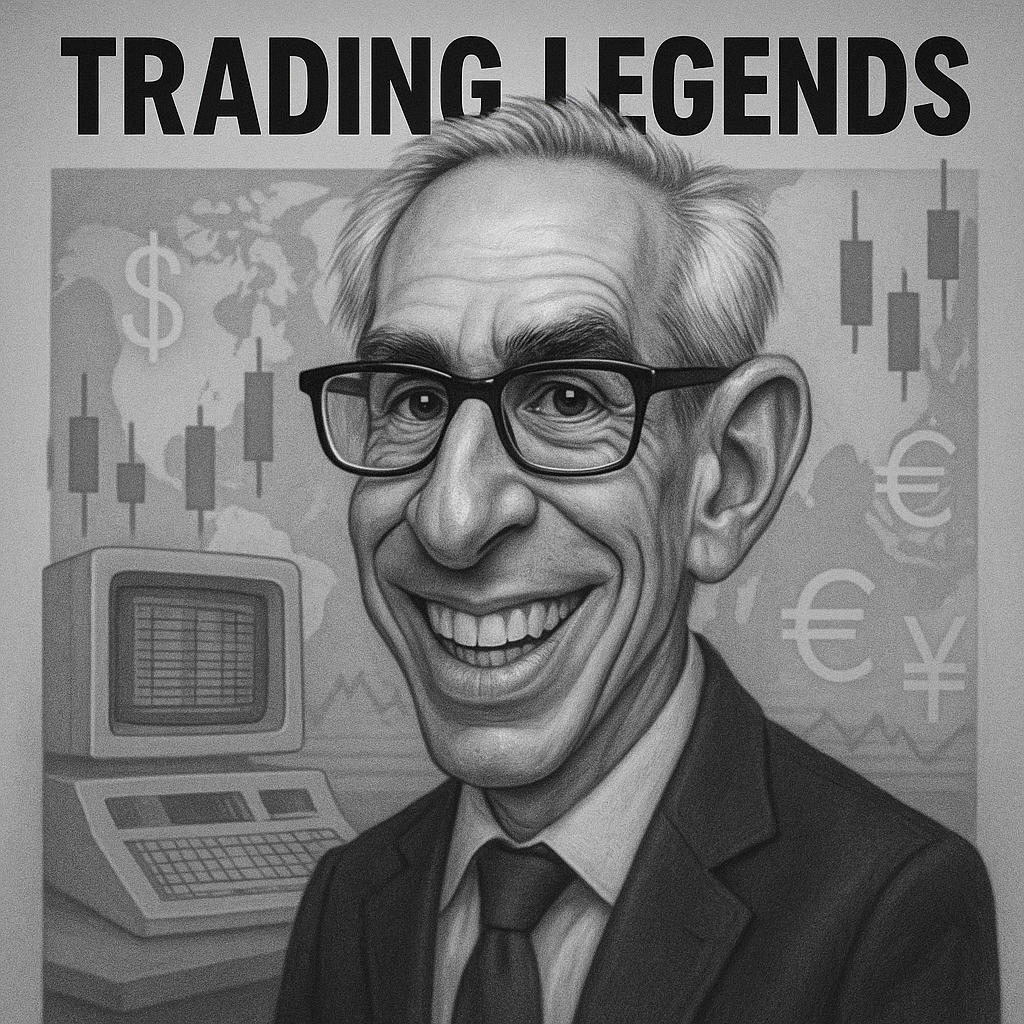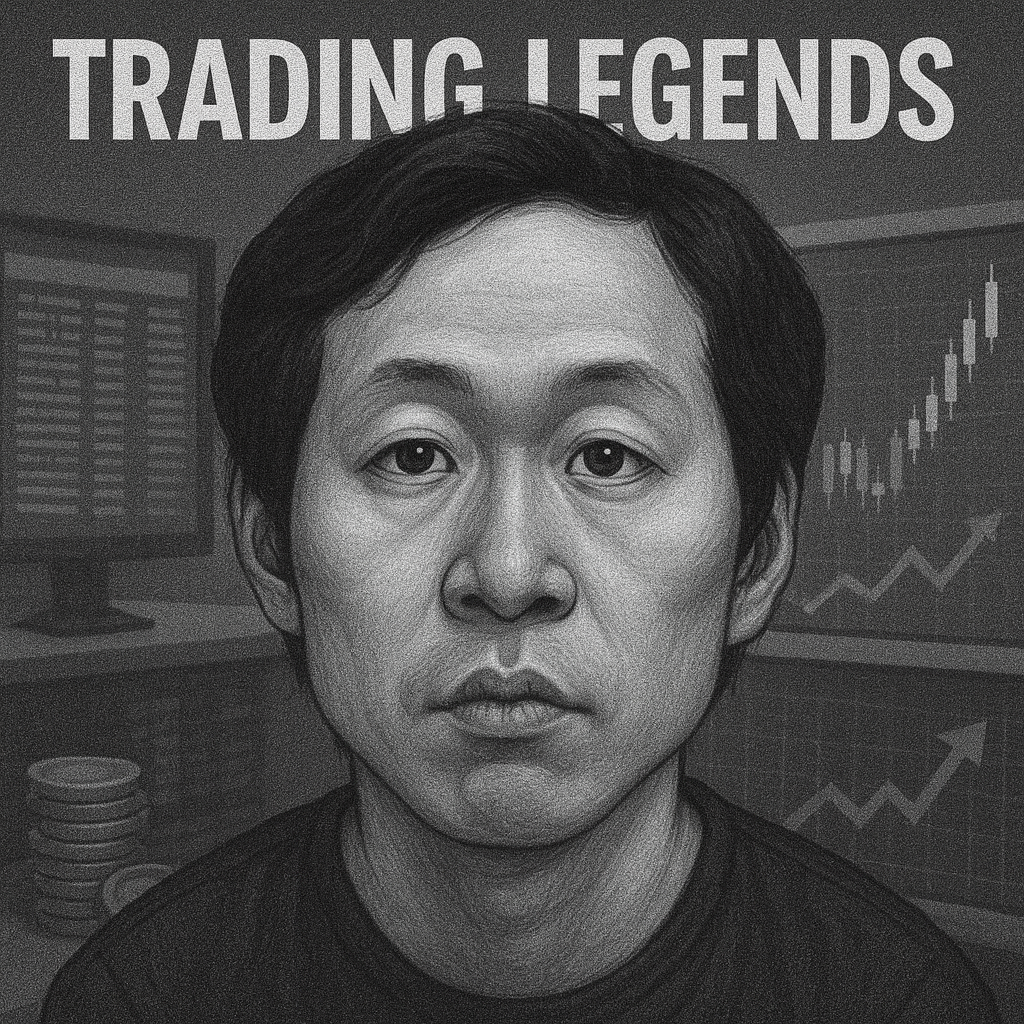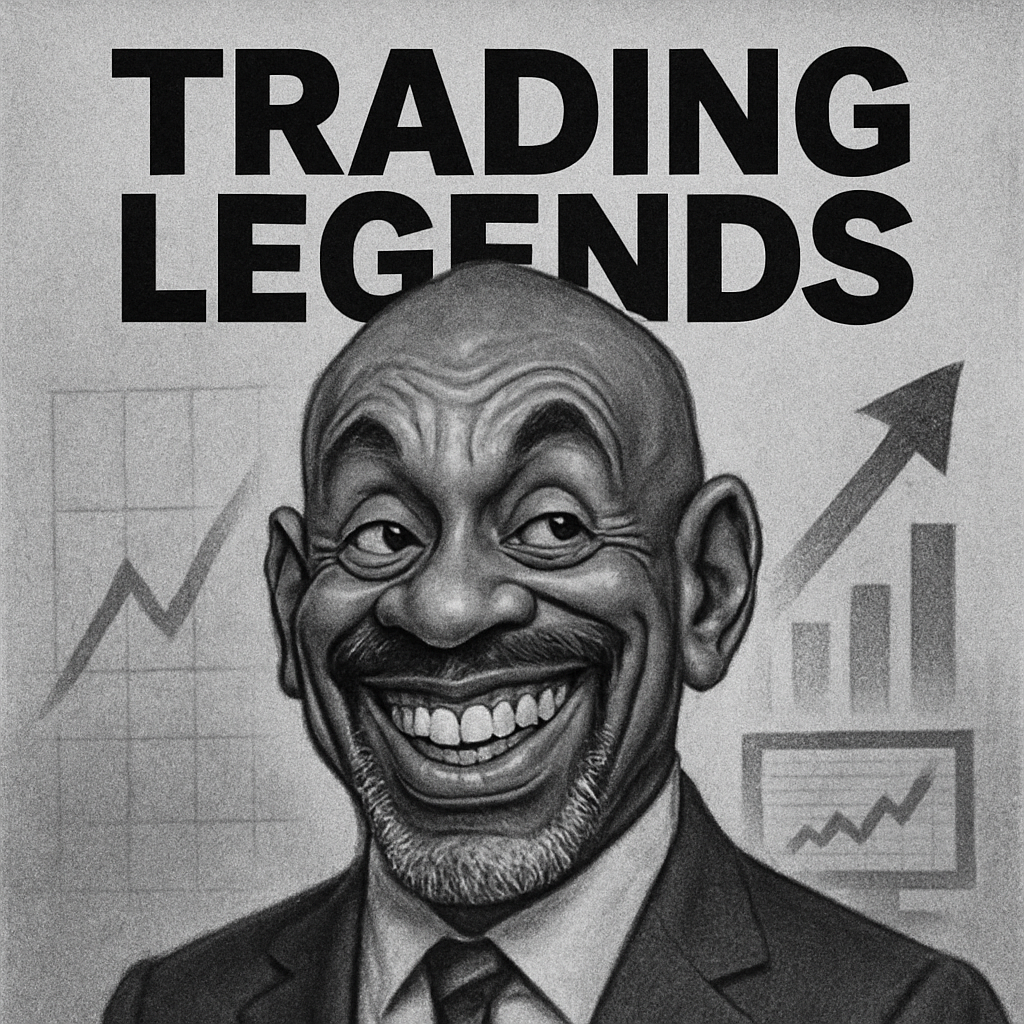Rakesh Jhunjhunwala’s journey from a ₹5,000 stake to India’s “Big Bull” blends bold bets and disciplined fundamentals—Tata Tea, Titan, and Akasa Air. Learn why his rules on risk, valuation, and patience still guide investors, and see how these principles translate into today’s markets
Rakesh Jhunjhunwala: the “Big Bull of India”
On an August morning in 2022, as Akasa Air’s maiden Mumbai–Ahmedabad flight lifted into the haze, the cabin crew announced a quiet nod to the man who willed the airline into existence: Rakesh Jhunjhunwala. He wasn’t on board, but his imprint was everywhere—the audacity to dream big, the willingness to bet on India’s growth, the instinct to back operators he trusted. For four decades, he played India’s markets like a grandmaster, equal parts storyteller and risk-taker, turning a ₹5,000 starting stake in 1985 into a fortune that made him a national figure and a market barometer. Colleagues called him “Big Bull.” Headlines called him India’s Warren Buffett. Retail investors simply watched what he bought—and learned
Background and Early Life
Born in Hyderabad on July 5, 1960, Jhunjhunwala grew up in a middle-class household where finance was dinner-table talk. His father, a government income tax officer, often discussed markets with friends; the conversations sparked curiosity, but not a bankroll. He was told to study hard, save his own money, and never borrow to speculate. He did exactly that. After graduating from Sydenham College of Commerce and Economics in Mumbai, he qualified as a chartered accountant—a choice that armed him with the language of balance sheets and cash flows before he ever placed a trade. By 1985, with the Sensex still in its infancy and liquidity thin, he took his first real swing at the market with just ₹5,000—more a statement of intent than a trading stake. Those formative years—discipline from accountancy, skepticism from watching bureaucrats tally numbers, and a deep belief in India’s long arc—would define his style as both trader and investor.
Key Career Moments
His first breakout came quickly. In 1986, he bought 5,000 shares of Tata Tea at ₹43. Three months later, the stock traded at ₹143. The trade crystallized over ₹5 lakh in profit—enough to persuade him that markets could be a career, not just a fascination. “Anticipate the trend and benefit from it,” he would later say, a mantra he applied with a discipline that surprised critics who mistook his charisma for casualness.
By the early 2000s, he was building positions that would become case studies in Indian investing. The most famous: Titan Company, the Tata Group watch-and-jewelry maker he began accumulating around 2002. Titan benefited from India’s formalization of retail, an expanding middle class, and brand trust. Jhunjhunwala’s stake, held through his private firm RARE Enterprises (named after RAkesh and REkha, his wife and investing partner), compounded into billions of rupees and became shorthand for his “India will outgrow the consensus” thesis. Titan’s rise also showed his patience: he was happy to sit through cycles, add on dips, and let professional managers run the business. By 2021, Titan was publicly cited as his largest investment.
Not every wager was a smooth ride. He navigated brutal drawdowns—the 2008 global financial crisis and periodic crashes that tested even seasoned hands. Friends recall his ability to separate noise from narrative. “Respect the market. Have an open mind. Know what to stake. Know when to take a loss,” he advised. That wasn’t bluster. He cut losers, pyramided into winners, and diversified across consumer, finance, and technology services. If his persona was swashbuckling, his process—position sizing, valuation discipline, and management quality—was surprisingly methodical.
Then came aviation—a notoriously unforgiving industry. In 2021–22, as India emerged from pandemic lockdowns, Jhunjhunwala backed Vinay Dube’s plan for a low-cost carrier, Akasa Air, writing checks and lending belief. Skeptics asked why a stock picker would fund airplanes. His answer: if the costs were right and the team was strong, demand would follow. Akasa received its clearances and launched commercial operations on August 7, 2022. For him, the airline was both investment and statement: post-Covid India would fly, and he wanted to be part of building that future.
Just a week later, on August 14, 2022, Jhunjhunwala died in Mumbai at 62. Obituaries around the world memorialized him as India’s Warren Buffett and an irrepressible optimist about the country’s prospects. His portfolio, board seats, and philanthropic commitments passed into the stewardship of family and long-time partners, while Akasa pressed on, raising fresh capital and expanding routes—an operating tribute to his bias for action.
Trading Philosophy
Jhunjhunwala spanned two worlds: he traded—tactically—yet he invested—with conviction. The bridge was probability. He looked for businesses where unit economics were improving and management had a record of smart capital allocation. Valuation mattered, but time horizon mattered more. “Never invest at unreasonable valuations,” he said, often in the same breath as, “In a bull market, corrections are sharp, swift, and short-lived.” To newcomers he preached humility: the market can make you look foolish tomorrow; risk only what you can afford to lose. He was a fundamental investor who loved narratives but insisted those narratives be underwritten by numbers—ROCE, cash flows, pricing power. He sized positions to survive volatility and used drawdowns to add to quality names. Above all, he was unabashedly India-long. Population, productivity, and policy, he argued, would keep lifting corporate earnings. “Respect the market,” he urged. “Have an open mind.” For thousands of first-time retail investors in the 2000s and 2010s, that blend of optimism and caution became a playbook.
Conclusion
From a ₹5,000 punt in 1985 to boardrooms and airports, Rakesh Jhunjhunwala’s story is a study in compounding—of capital, of ideas, and of confidence. He didn’t merely ride India’s rise; he helped define how a generation participated in it, democratizing market conversation with television soundbites and marquee holdings that retail investors could follow. His legacy lives in Titan’s cap table, in Akasa’s check-ins, and in a corpus of maxims that still circulate on WhatsApp groups before the opening bell. Markets create legends because they test conviction in public. Jhunjhunwala passed those tests often enough to become a symbol. The lesson he leaves is both simple and hard: respect risk, back quality, and give compounding time to work—especially in a country still writing its growth story.








